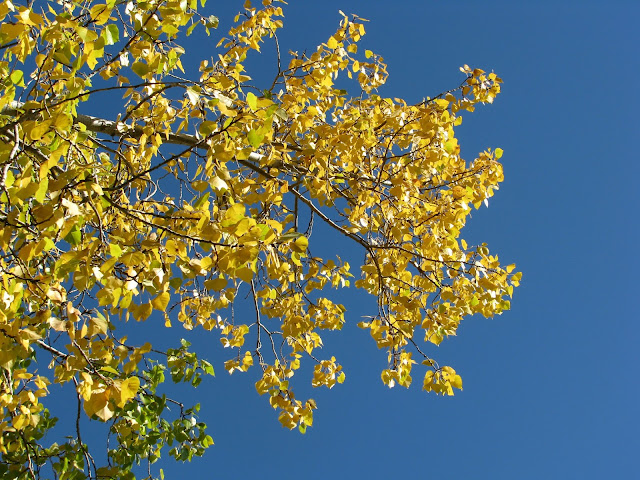Riding a feisty horse
It's no secret to anyone, surely.
Institutions in droves are struggling, and failing to survive. Some
have simply shut up shop; continuing simply no longer feasible.
 |
| Coming soon to a tree near you |
Many of us grew up in the age of the
family farm, for instance. Mom and pop, kids and animals institutions
that nostalgia paints a rosy pink. A Conservative politician recently
chided the government for introducing legislation that would prevent
“sprinkling,” incorporating a farm or business and spreading the
income around to family members in order to decrease tax liability.
She said it would kill the family farm. I'm sorry, but you can't kill
an entity that's already dead!
Seems we've generally walked
blindfolded toward one or the other precipice; embedded in human
nature is an underlying assumption that tomorrow will be much like
today. And so an historic school's demise seems sudden when the signs
of its coming have certainly been there all along. Whether the
ability to predict and explain why the Imperial Order Daughters of
the Empire, or the local Presbyterian Church, or St. Matthew's
Christian High School are tapering down to their inevitable end
matters or not is debatable. Except, possibly, that dying happens
more gracefully when decline, change is expected, the accommodations
to it prepared before the handwriting hits the wall.
But as Jesus himself said, “a
prophet is not without honour, except in his own country, and among
his own kin, and in his own house (Matthew 13:57).” Denial of the
evidence of unwelcome trends is a strong temptation. Although much of
the scientific research regarding climate change took place in the
USA, climate change denial is most strident there.
Hardest hit, seems to me, are the
institutions and practices that rested on shared interests, on
community, on cooperation. Advancing technological change brings with
it a reduction in inter-dependency. We needn't go to a theatre to be
entertained when it's all available on wide-screen, high-definition
TV at home. We won't meet our neighbours in the store when goods are
ordered on the internet, delivered by drone. And who needs to get up
and go to church, or school, when it can all be delivered for a small
price to our living rooms? Is it a mere coincidence that technology
and obesity are advancing in lock-step?
There are surely ideals that aren't
hard to discover when we talk about individual lives and community
well-being. I think health, joy, beauty, safety, comfort, creativity,
intimacy, fulfillment would figure in such a set of ideals. The key
question is not how institutions and practices can be maintained or
resuscitated, it's how social and personal ideals can be met when
institutions and practices are rendered obsolete. Can we happily
survive the megacorp shift? Can we thrive?
So what trends should we be
acknowledging most urgently today? To my mind, the institutions that
are not only surviving but thriving are capitalist, corporate
entities. The widening chasm between the poor and the obscenely
wealthy is a trend we dare not deny. The advance of computer
intelligence and robotics will mean that goods and services will have
to be distributed differently to a population where only a part earn
a living through employment. That's just for starters.
I can't find the quote and I'm not
sure who said it, but it goes something like this: Progress is a
feisty, skittish horse; you either learn to ride it or risk getting
trampled. Sounds like Karl Marx.
One thing is certain; despair is not the answer for the taming of any
kind of horse. The demise of our favourite institutions is sad, of
course, but the future is as bright as faith and courage are willing
to make it.



Fun fact, while Stats Canada doesn't specifically account for family farms, the estimated percentage of family owned and operated farms in Canada in is between 72 and 98%.
ReplyDeletehttp://www.statcan.gc.ca/daily-quotidien/170510/dq170510a-eng.htm
https://www.agriculturemorethanever.ca/from-the-team/family-farming/#.WcKnu8iGPIU
https://www.statcan.gc.ca/eng/ca2011/ha#a1-3-3